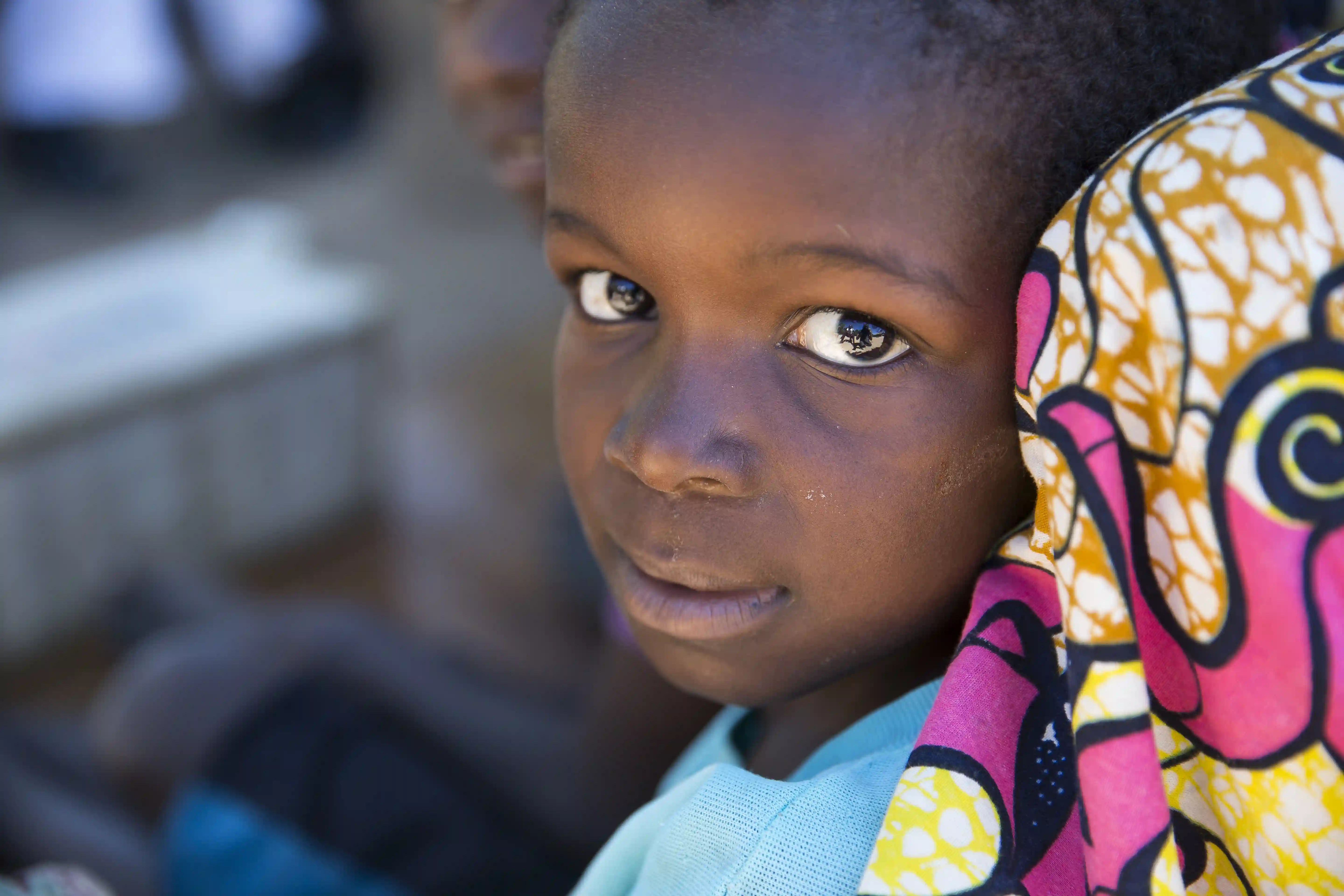The explanation is reasonably simple; the solutions more complex. But it’s not rocket science and yes, it can be done.
No margin, no opportunity
Alphonsine is a survivor. As a resident of southern Rwanda, you might jump to conclusions as to what this means for her, but it’s less about history and more about every day.
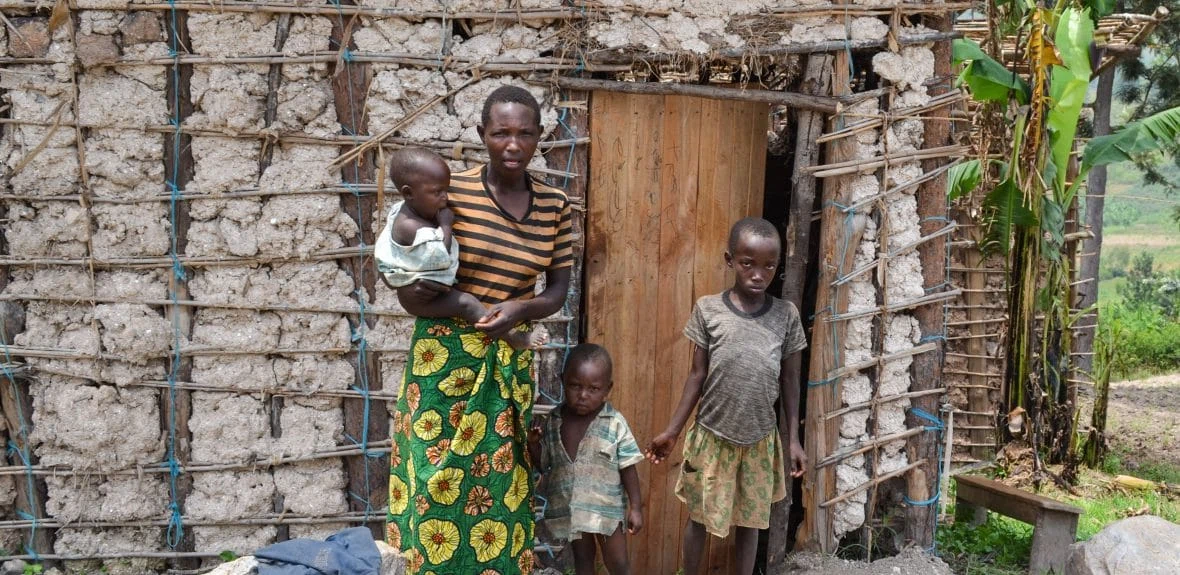
Like many others here, Alphonsine has no land and no house of her own. She relies on day labor to feed her three children — either getting food in exchange for work, or just enough money to buy food in the local market. Every Saturday the family eats nothing at all, as Alphonsine works for her landlord for free, in lieu of rent.
There is no margin for error, no opportunity to save, no insurance, no potential for advancement. Just survival. This is the cycle of poverty.
And in Alphonsine’s case, it’s actually worse. “I usually have to leave a place during the harvest season because there is no work and the room where I have been living is used to store the harvest,” she says. Fed up with this, her husband left for the city five years ago, leaving her to fend for herself and the children, alone.
Breaking the cycle of poverty
So what’s the solution? Well, there are plenty of examples from over the decades of what doesn’t work, and a few of what does. Time and again, the most effective solutions to poverty are less about aid and more about enabling.
In a village not far away from Alphonsine, 55-year-old Sylvere sits outside a sturdy tin-roofed house, surrounded by banana trees and grazing goats, and reflects on his own experience of poverty. In many ways, it’s remarkably similar to Alphonsine’s story. But there’s a twist.
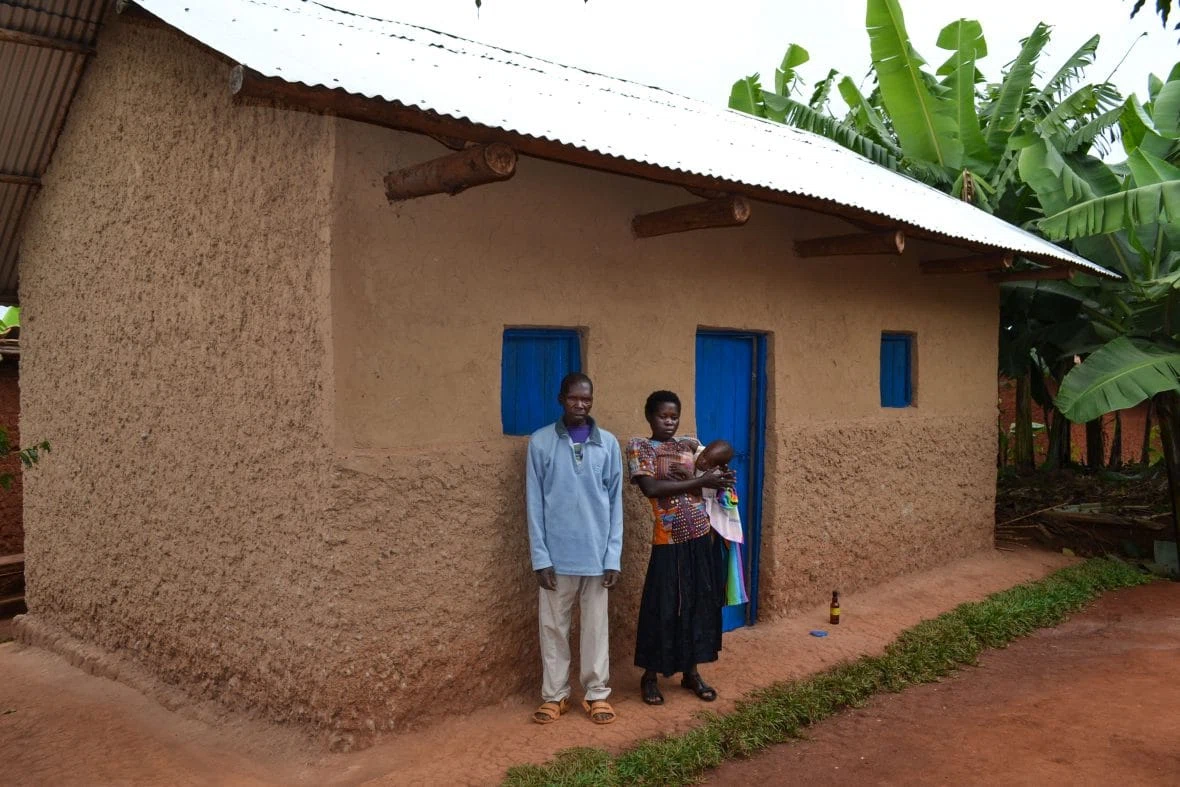
“I used to have a house but one day in 2014 it rained and the house fell down,” he says. “We became homeless and we were forced to move, looking for well-wishers, so that they might host us and we could pay them in kind by offering labor in their fields every Saturday.”
So how did he get to where he is today? There are crops and livestock for food and income, his children are in school, and the family even has health insurance. How did he break his own cycle of poverty?
The answer in this case involves some training, a business plan, and about $300. Because everything has to have a name, we call it the Graduation model. And it works.
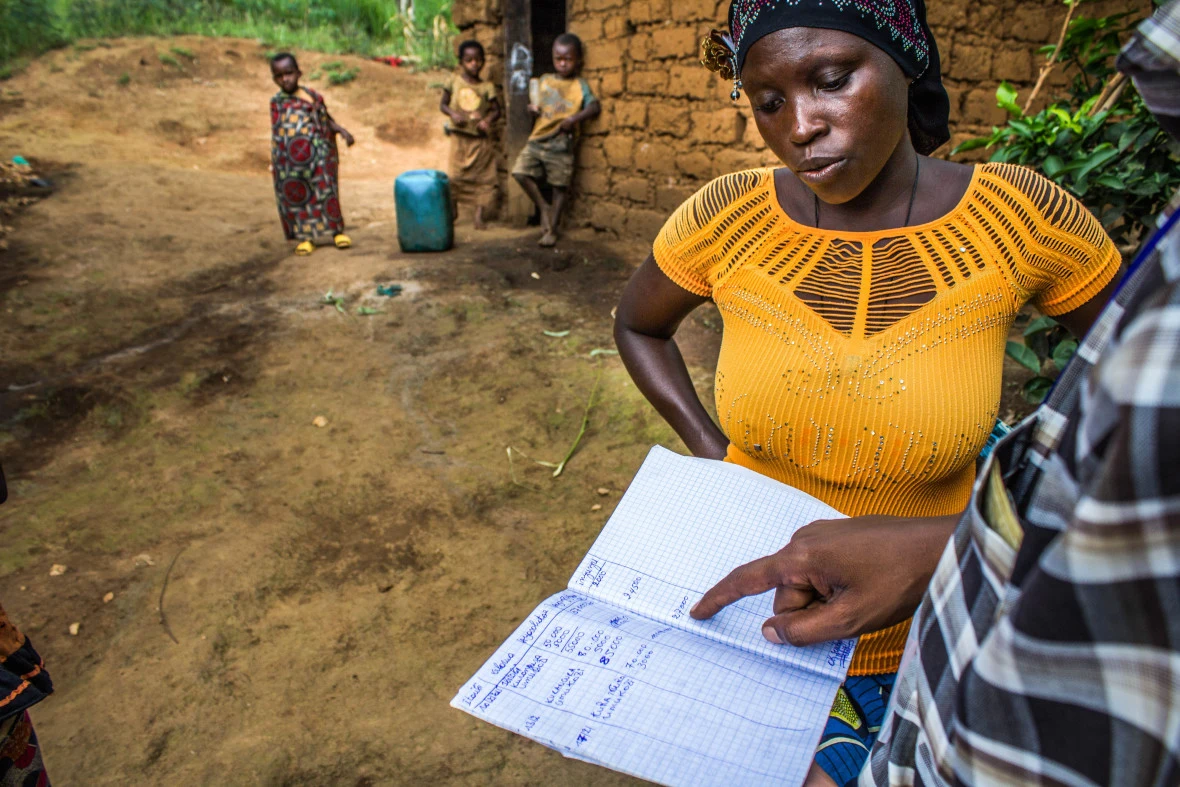
Graduating from poverty
“Research shows that almost all participants owned their own house by the end of the program, compared to 45% at the beginning of the period,” according to Concern’s Chris Pain. “In addition, they were also able to double their ownership of productive assets and increase the area of land they farmed, while the proportion of participants owning domestic animals, such as goats and pigs, increased more than 10 times.”
So what is this Graduation program that tackles the cycle and causes of poverty? Where did it come from and why isn’t everyone doing it? Well, it certainly hasn’t come out of nowhere. It's evolved over a period of a dozen years of trial, error, and iteration, tested in countries as diverse as Malawi and Bangladesh.
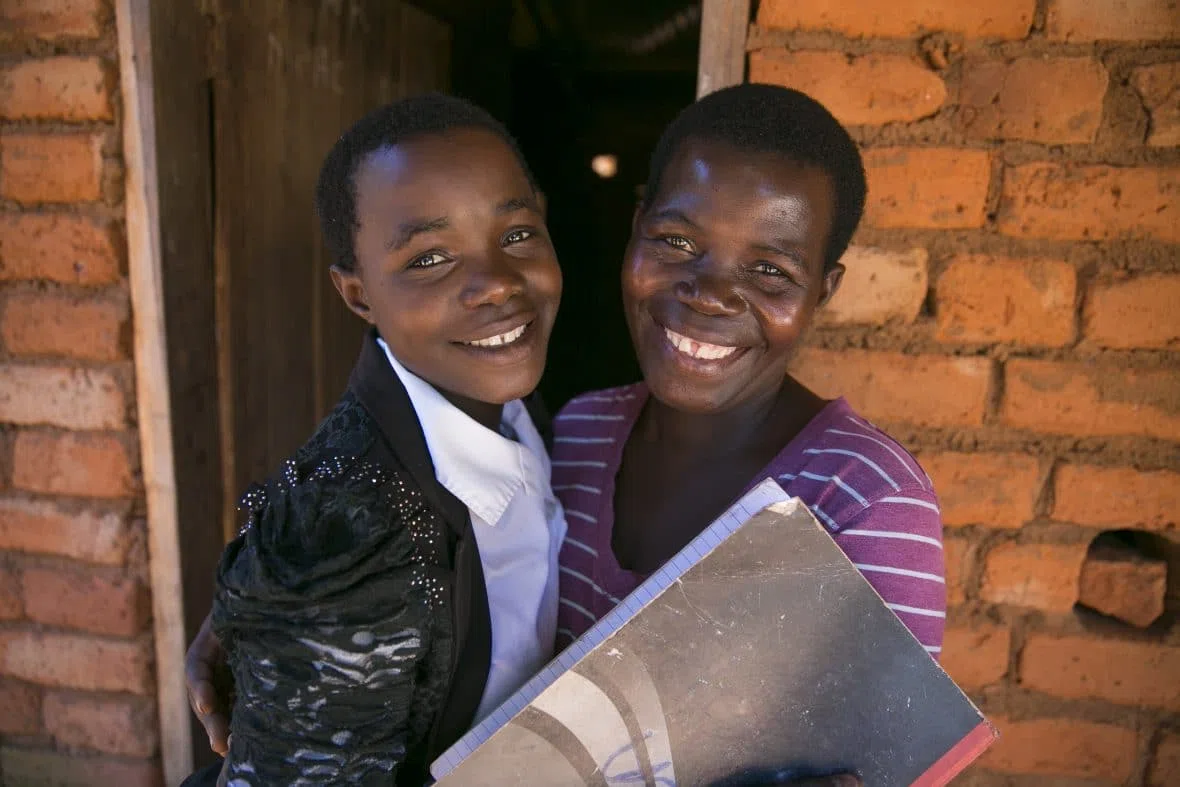
“They no longer insult me.”
In Rwanda, the poorest households are identified by a process that involves the whole community, and for 14 months they receive a package of support including a monthly cash transfer of between $20-$25 to meet their basic needs. During this time, they get also business skills training and general coaching and advice.
Then there’s an $80 grant, to be invested in income generation activities of their choice, backed up by a business plan.
13,000 people have taken part in Rwanda — among them Sylvere — and the transformation is quite startling. The research, carried out by Centre for Social Protection at the Institute of Developmental Studies, shows not only material benefits for participants, but also some serious social impact.
Voluntary community work and membership of community institutions such as women’s groups and cooperatives rose from 18% to 75% over 12 months. One participant shared how their status in the community changed as their circumstances improved. “Whenever I passed by my neighbors’ houses they abused me because I was poor, but they no longer insult me."
The human connection
Researchers found that many of these benefits were sustainable — music to our ears. Four years after the end of the program, households who taken part in Graduation were still doing significantly better.
Researchers found that many maintained higher levels of productive assets — livestock seeds and tools, fruit trees, etc. — over time, relative to others in a carefully selected comparison group. They generally had more consumption assets —food, fuel, soap, etc. — and the use of mosquito nets and frequency of changing clothes also remained at a higher level.
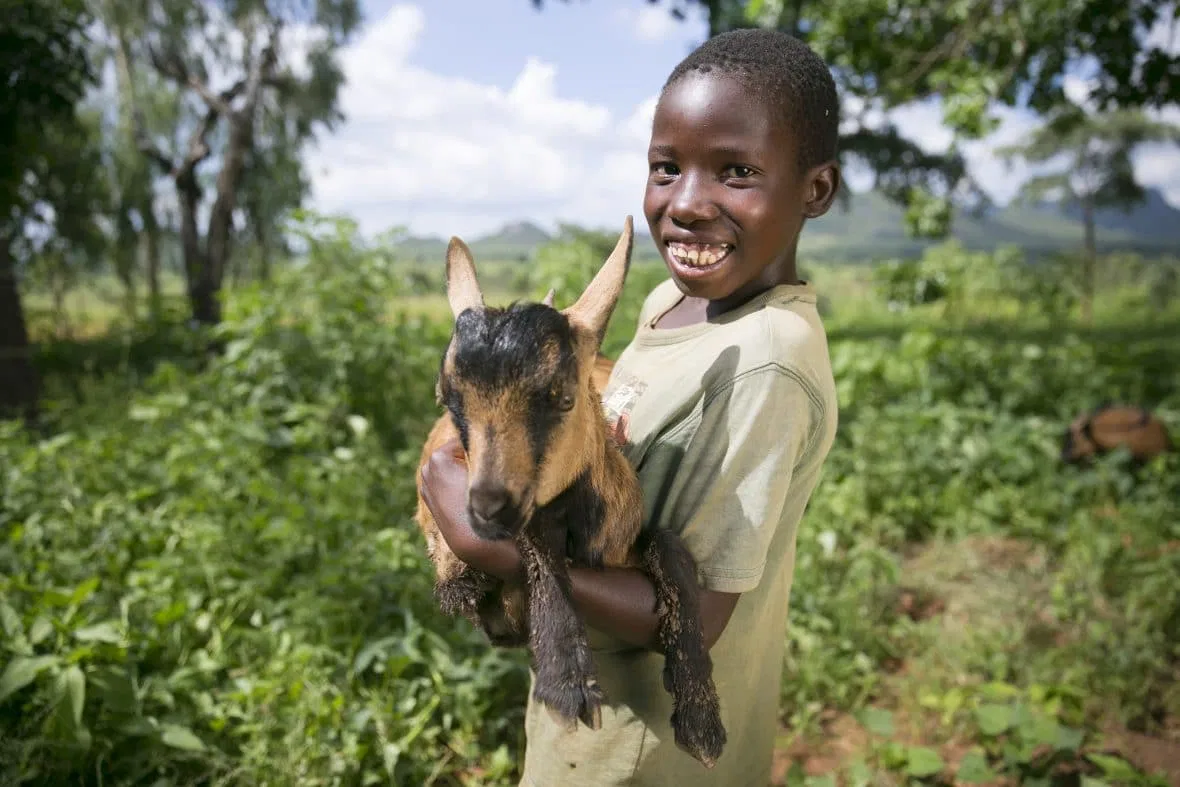
For Concern’s Chris Pain, the real answer to breaking the cycle of poverty comes down to human connection — the traditional "give and go" model just doesn't work. “Delivering monetary assistance on its own is often not enough to help lift people sustainably out of extreme poverty. Regular visits from a case worker played a direct role in the success of the program.”
The good news for Rwanda’s extremely poor families is that the government is now looking to incorporate the lessons and experiences of the Graduation program into its own social protection system.
Meanwhile, Concern continues to develop and refine the model in other countries and contexts around the globe in our ongoing mission to eradicate extreme poverty. And yes, we believe it’s possible.

